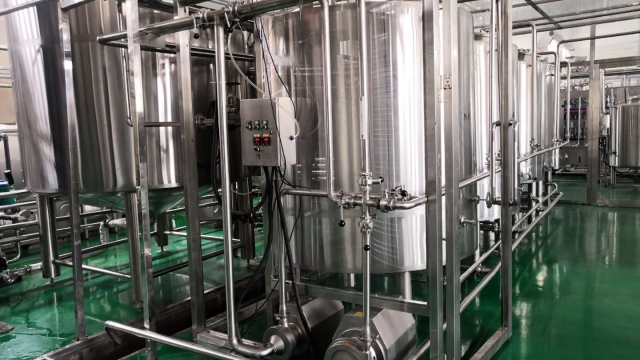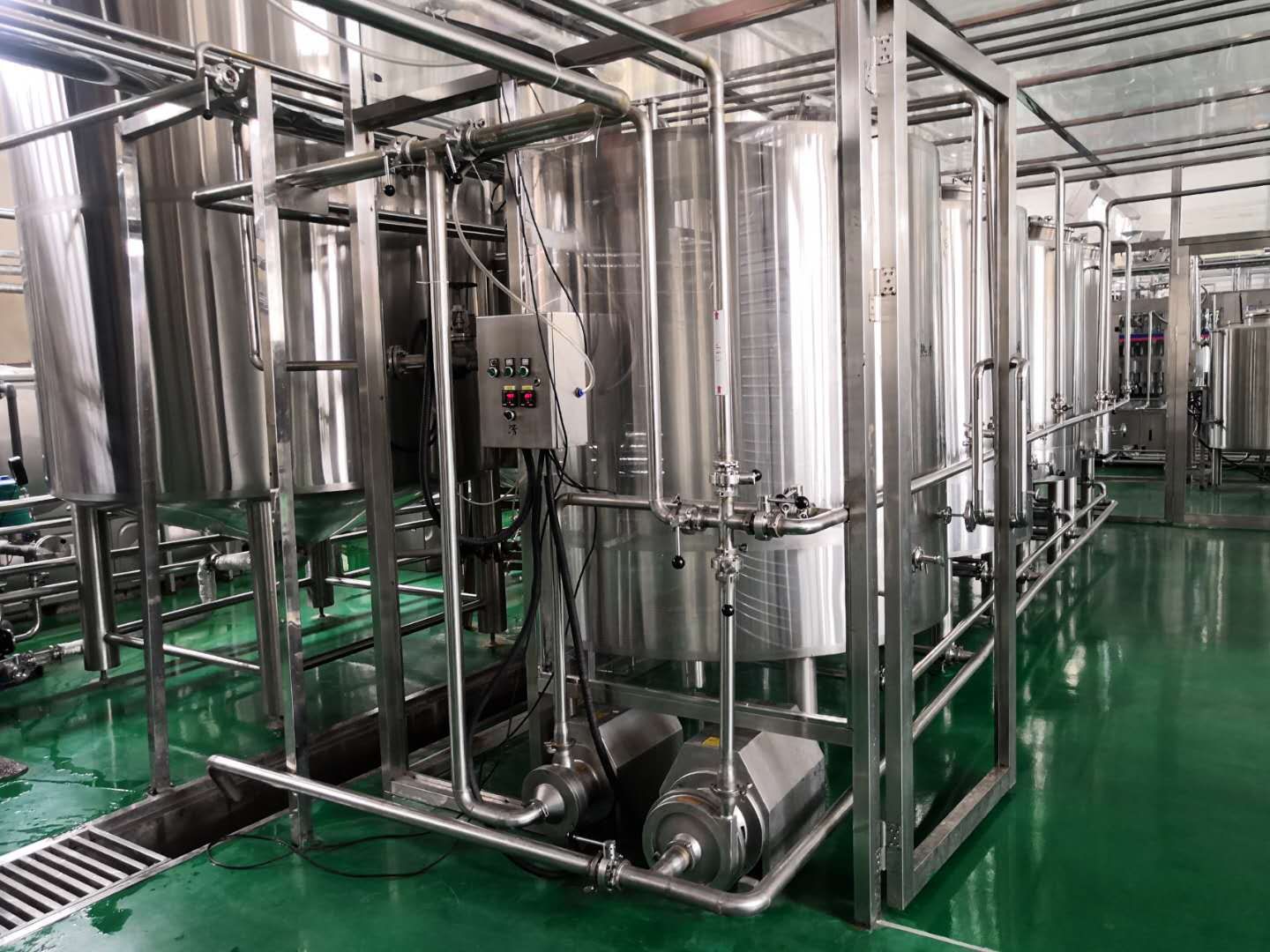
Brewing Mastery: Unleashing the Potential of Brewery Equipment
Brewing Mastery: Unleashing the Potential of Brewery Equipment
Commercial Brewery Equipment
Brewing beer is an art that relies on the perfect combination of ingredients, expertise, and of course, the right brewery equipment. Each step in the brewing process requires specialized tools and machinery to ensure consistency, efficiency, and overall quality of the final product. In this comprehensive guide, we will explore the world of brewery equipment, diving into what it is, its various components, and how it plays a crucial role in unleashing the full potential of every brewery.
Brewery equipment refers to a wide range of machinery and tools that are used in every stage of the brewing process. From milling and mashing to fermentation and packaging, each piece of equipment has a specific purpose and contributes to the overall success of the brewing operation. But what exactly is brewery equipment, and why is it so important?
At its core, brewery equipment is designed to facilitate and optimize the brewing process, ensuring that brewers can efficiently produce high-quality beer on a consistent basis. It encompasses everything from brew kettles and fermenters to filtration systems and bottling lines. Without these essential tools, brewers would face numerous challenges in achieving the desired flavors, textures, and aromas in their brews.
Whether you’re a passionate homebrewer looking to upgrade your setup or a professional brewer seeking insight into the latest advancements in brewery equipment, this guide will provide you with a comprehensive understanding of what brewery equipment is, how it works, and how it can help you unlock the true potential of your brewing endeavors. So let’s dive in and explore the fascinating world of brewery equipment!
1. Types of Brewery Equipment
Brewing Vessels
Brewing vessels are essential components of brewery equipment. They come in various sizes and shapes and are designed for specific brewing processes. Common types of brewing vessels include mash tuns, brew kettles, fermenters, and bright tanks. Mash tuns are used for mashing the grains, while brew kettles are used for boiling the wort. Fermenters are used for the fermentation process, and bright tanks are used for the storage and conditioning of the beer before packaging.
Wort Cooling Equipment
Wort cooling equipment plays a crucial role in the brewing process by rapidly reducing the temperature of the boiled wort. This is necessary to prevent the growth of unwanted microorganisms and to facilitate the fermentation process. Wort chillers, such as plate chillers and immersion chillers, are commonly used to achieve rapid cooling. These devices efficiently transfer heat from the wort to a cooling medium, such as cold water or glycol, allowing the wort to reach the desired temperature quickly.
Packaging Equipment
Packaging equipment is responsible for the final stage of the beer production process, where the brewed and fermented beer is packaged into bottles, cans, or kegs. Common types of packaging equipment include bottle fillers, canning machines, and kegging systems. These machines ensure that the beer is properly filled, sealed, and carbonated, ready for distribution. Packaging equipment also includes labeling machines and pack-off systems to prepare the beer for shipment to retailers and consumers.
This concludes the first section on the types of brewery equipment. In the next section, we will delve deeper into the functionalities and importance of brewery equipment in the brewing industry. Stay tuned for more insights!
2. Key Components of Brewery Equipment
The brewery equipment comprises several crucial components that play a vital role in the brewing process. From the brewing vessel to the fermentation tanks, each piece serves a specific function in creating the perfect brew. Let’s explore the key components of brewery equipment:
Brewing Vessel:
The brewing vessel is where the magic begins. It is a large container designed to hold the grains, water, and other ingredients used in the brewing process. This vessel, often called the mash tun, provides an ideal environment for the fermentation to take place. With precise temperature control and efficient mixing mechanisms, it ensures the conversion of starches into fermentable sugars.
Fermentation Tanks:
Once the brewing process is complete, the liquid known as wort is transferred to the fermentation tanks. These tanks are specifically designed to house and facilitate the fermentation of the wort into beer. During fermentation, yeast is added to the wort, which converts the sugars into alcohol and carbon dioxide, giving the beer its desired flavor, aroma, and alcohol content.Cooling System:
Temperature control is crucial at various stages of the brewing process, and a reliable cooling system is essential to achieve desired results. The cooling system regulates the temperature inside the brewing vessels and fermentation tanks, ensuring optimal conditions for yeast activity and controlling the fermentation process. It plays a vital role in maintaining consistency and quality throughout the brewing process.
These are just a few of the key components that make up brewery equipment. From the boiling kettle to the filtration system, each component contributes to the complex and fascinating art of brewing. Understanding the function and importance of these components is essential for unleashing the full potential of any brewery equipment setup.
3. Optimizing Brewery Equipment Performance
When it comes to maximizing the performance of your brewery equipment, there are several key factors to consider.
First and foremost, regular maintenance and cleaning are crucial. Brewery equipment requires diligent upkeep to ensure optimal functionality. Keep a strict cleaning schedule, and pay attention to the specific cleaning requirements of each piece of equipment. This will not only prevent the build-up of residue and impurities but also extend the lifespan of your equipment.
Secondly, proper calibration is essential for achieving consistent results. Regularly calibrating your brewery equipment, such as temperature controllers and pressure gauges, will ensure accurate measurements and a more efficient brewing process. Make it a habit to check and re-calibrate your equipment on a predetermined schedule to maintain precision in your brewing operations.
Lastly, investing in efficient brewing equipment can significantly enhance your overall brewing performance. Consider the unique requirements of your brewery and explore equipment options that align with your specific needs. From mash tuns and fermenters to filtration systems, selecting the right equipment can streamline your brewing process and improve the quality and consistency of your beer.
By prioritizing maintenance, calibration, and investing in efficient brewing equipment, you can optimize the performance of your brewery equipment and unlock its full potential for crafting exceptional beer.




